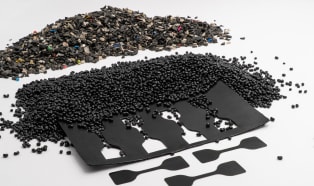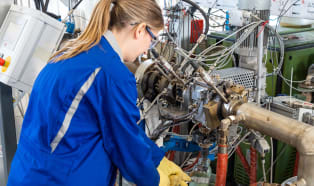
Artificial intelligence in polymer design: the POLY-ML project
AIMPLAS, the Plastics Technology Centre, is implementing the POLY-ML project, where machine learning techniques are used to predict material properties based on composition and processing conditions, shortening development time and reducing waste.













